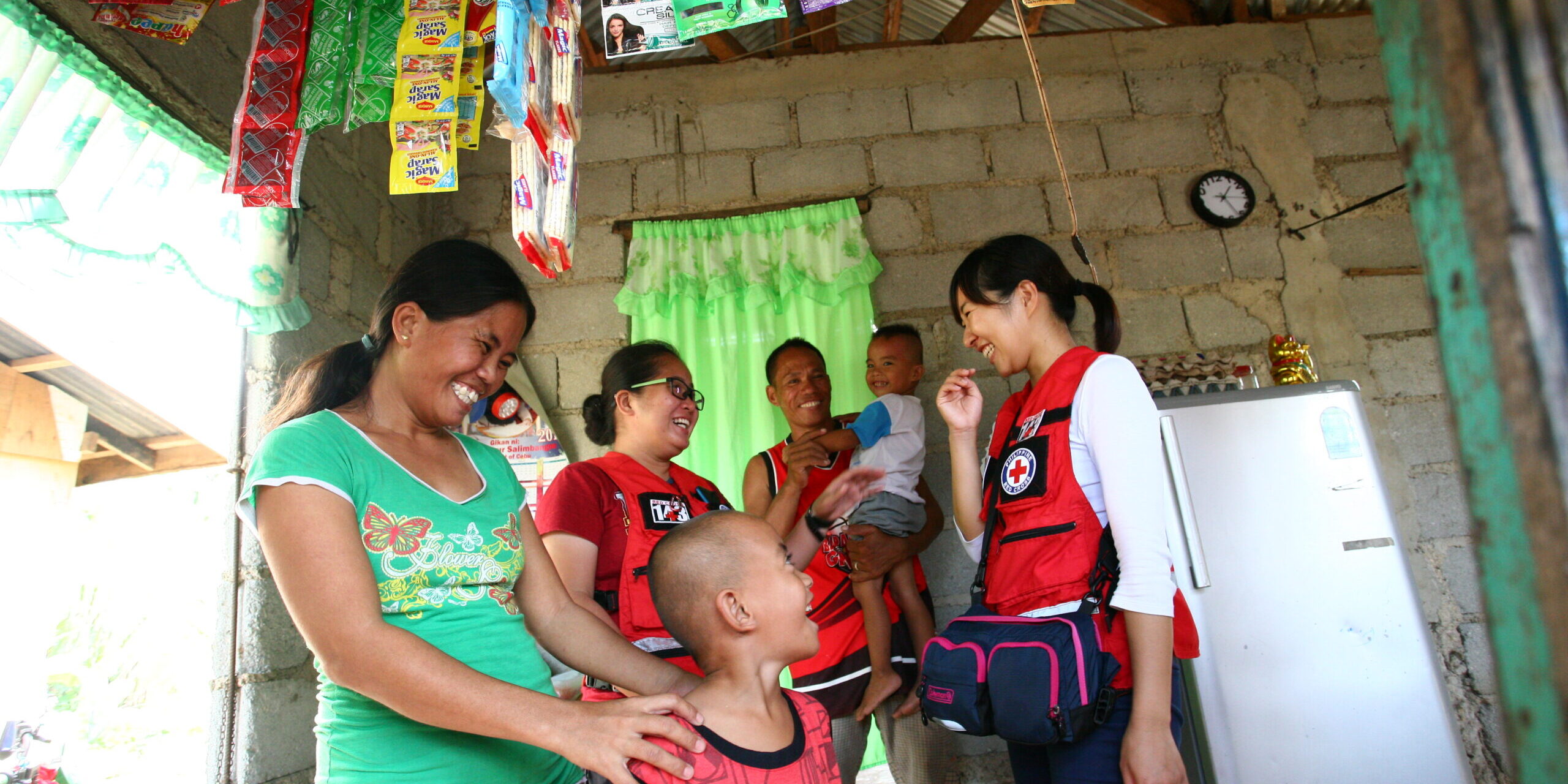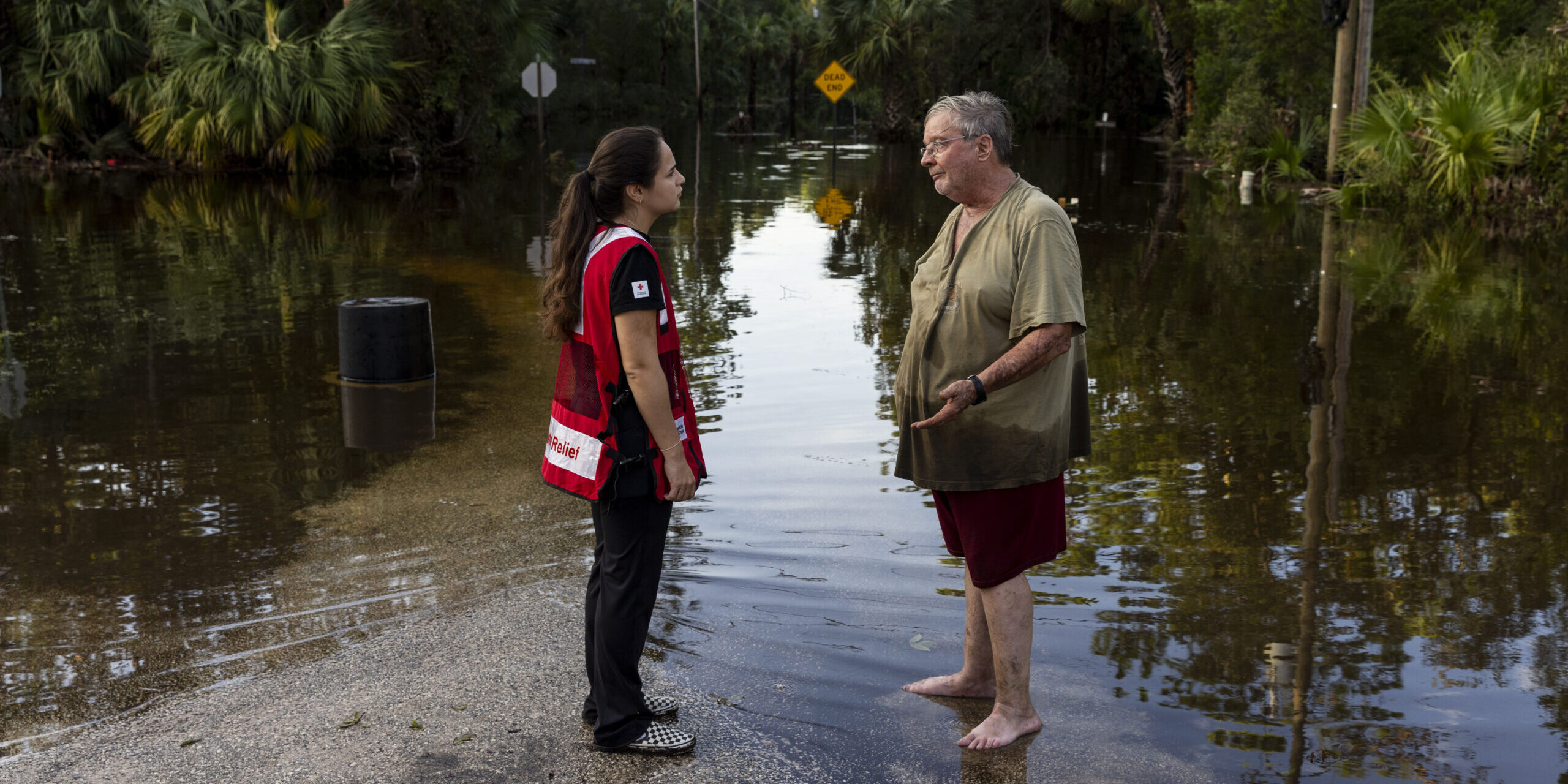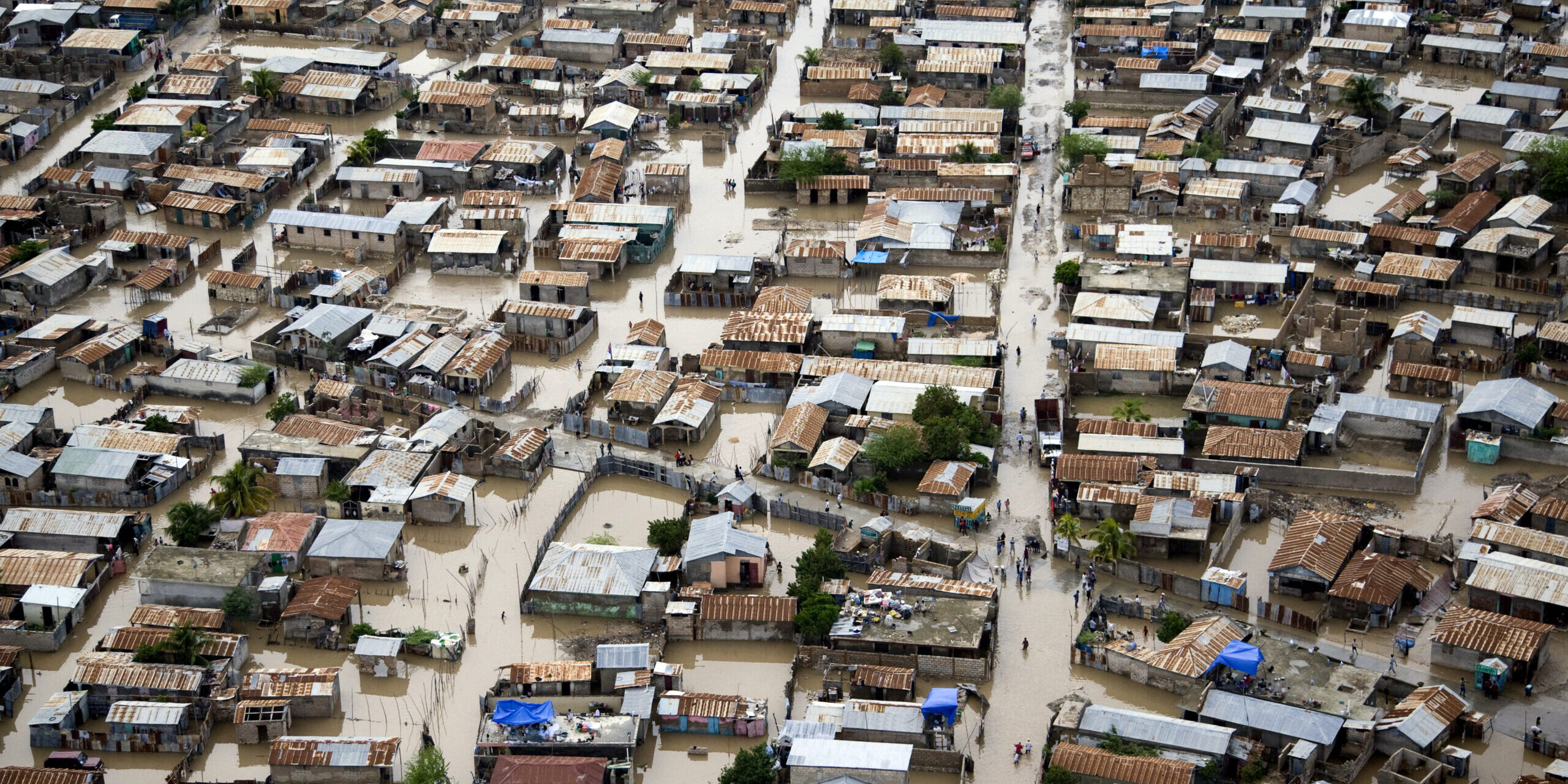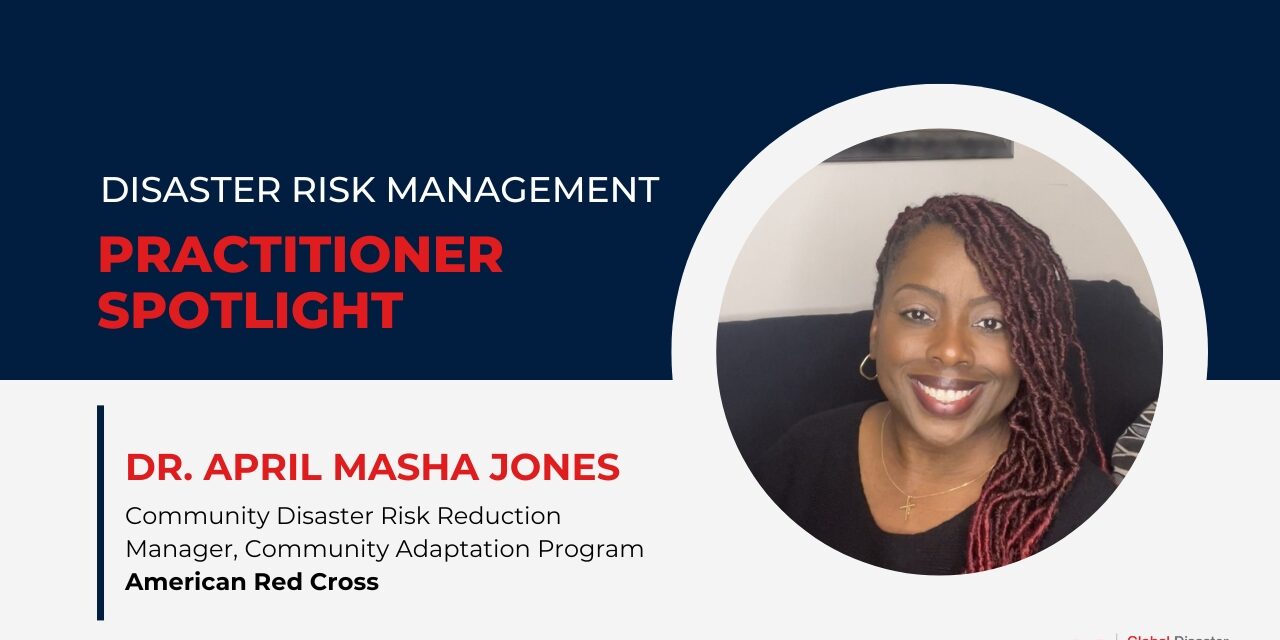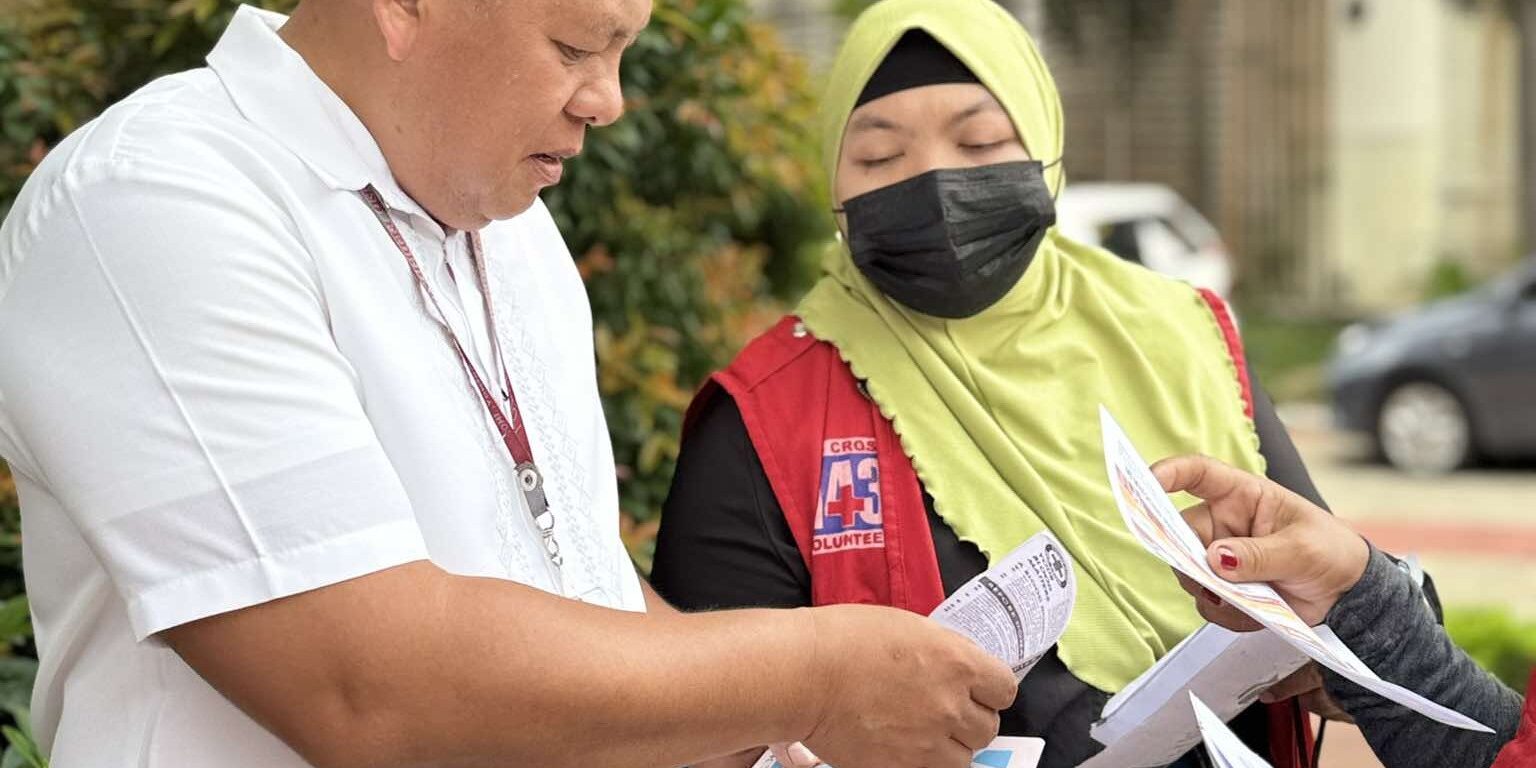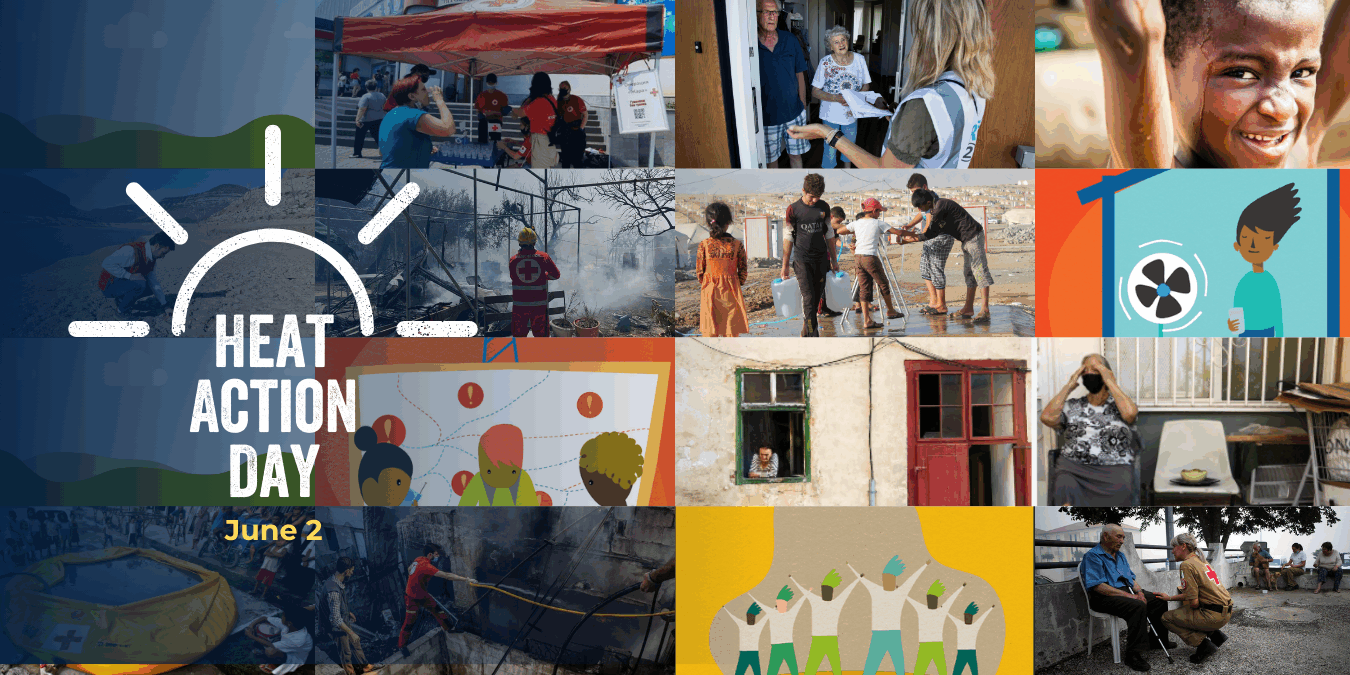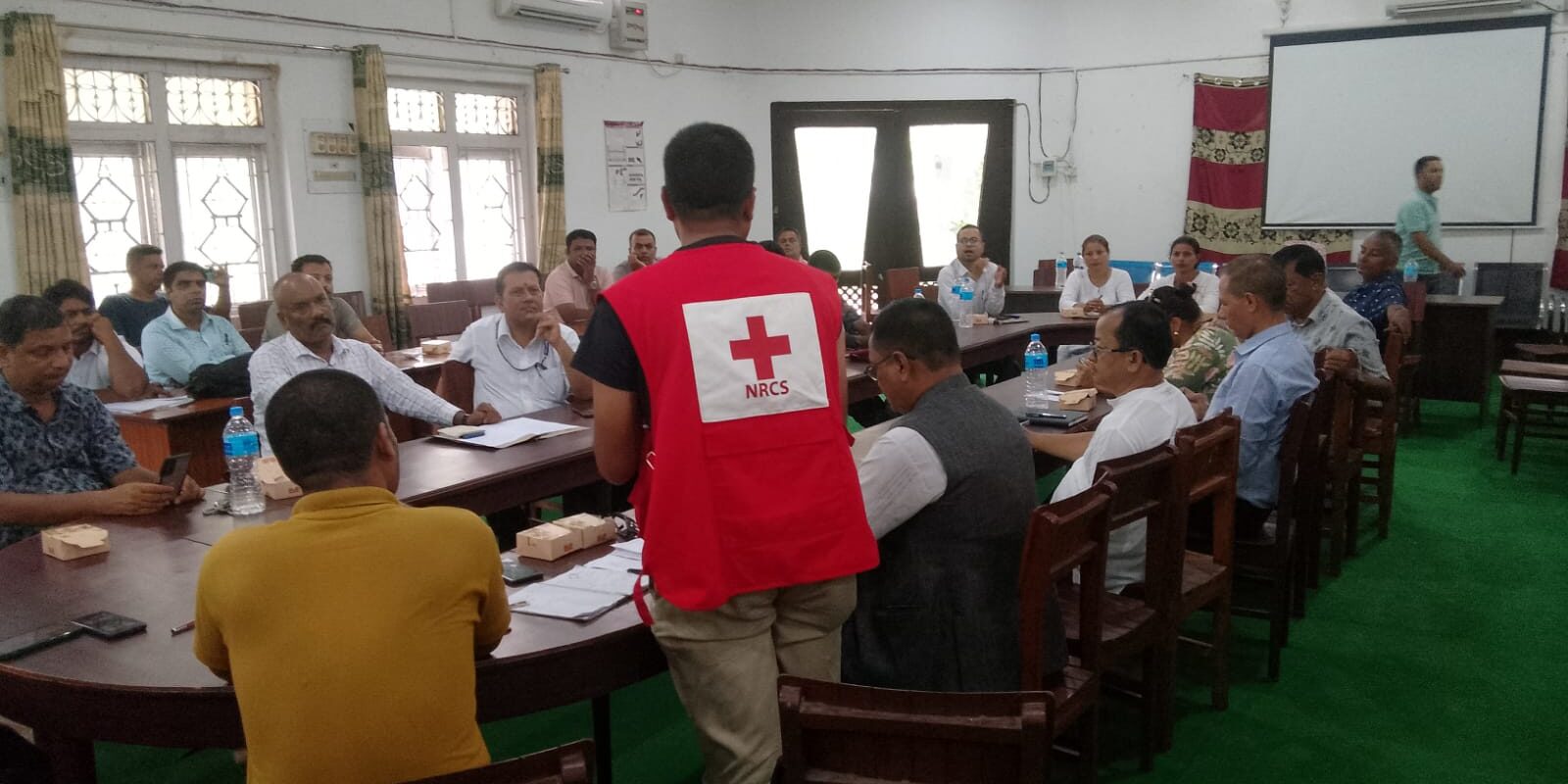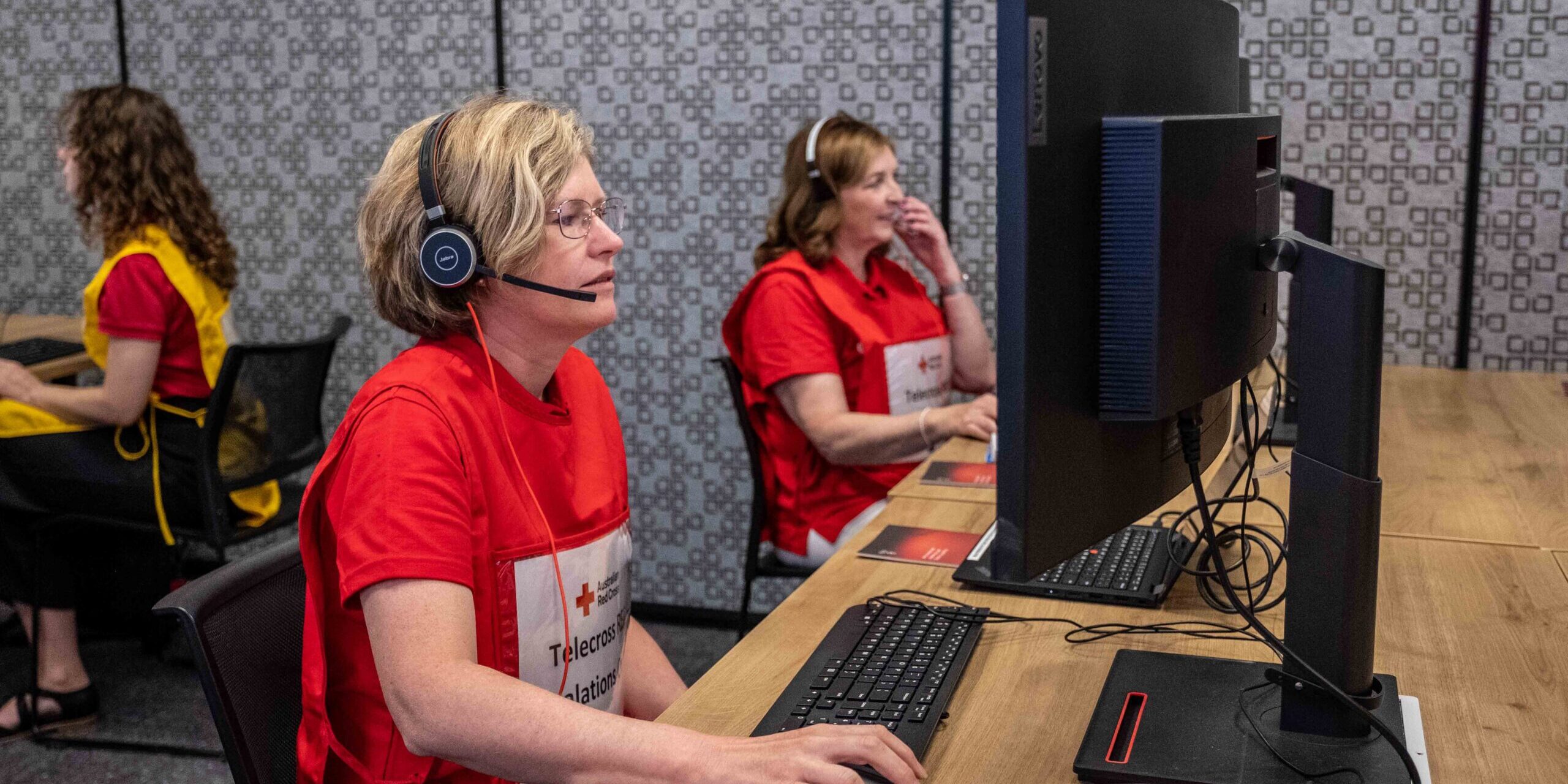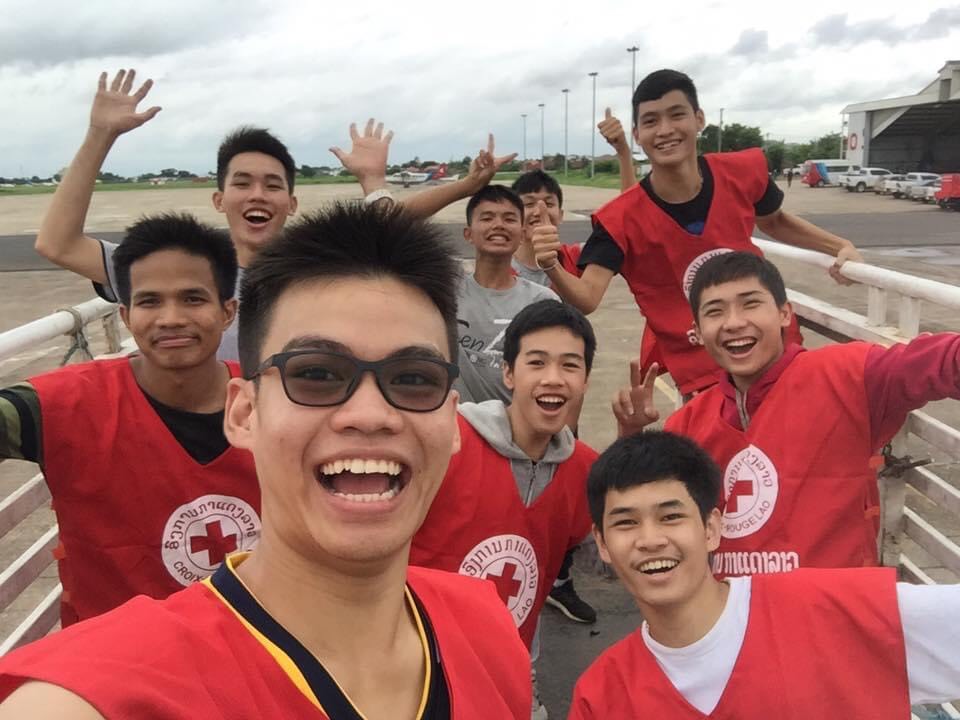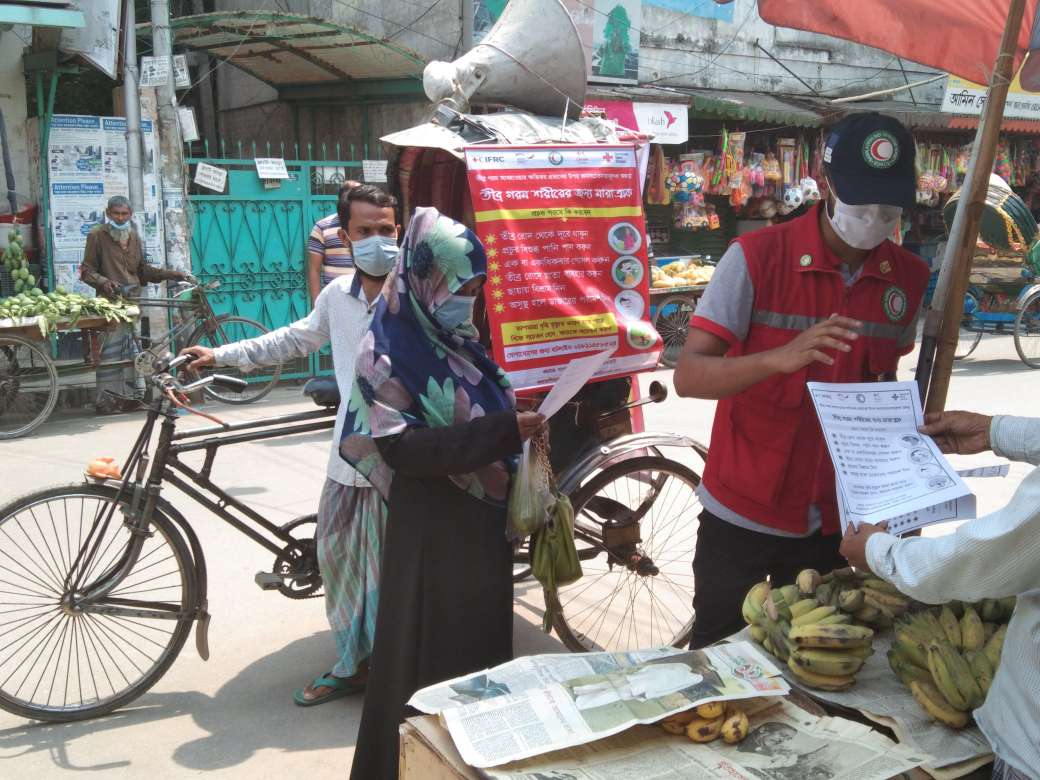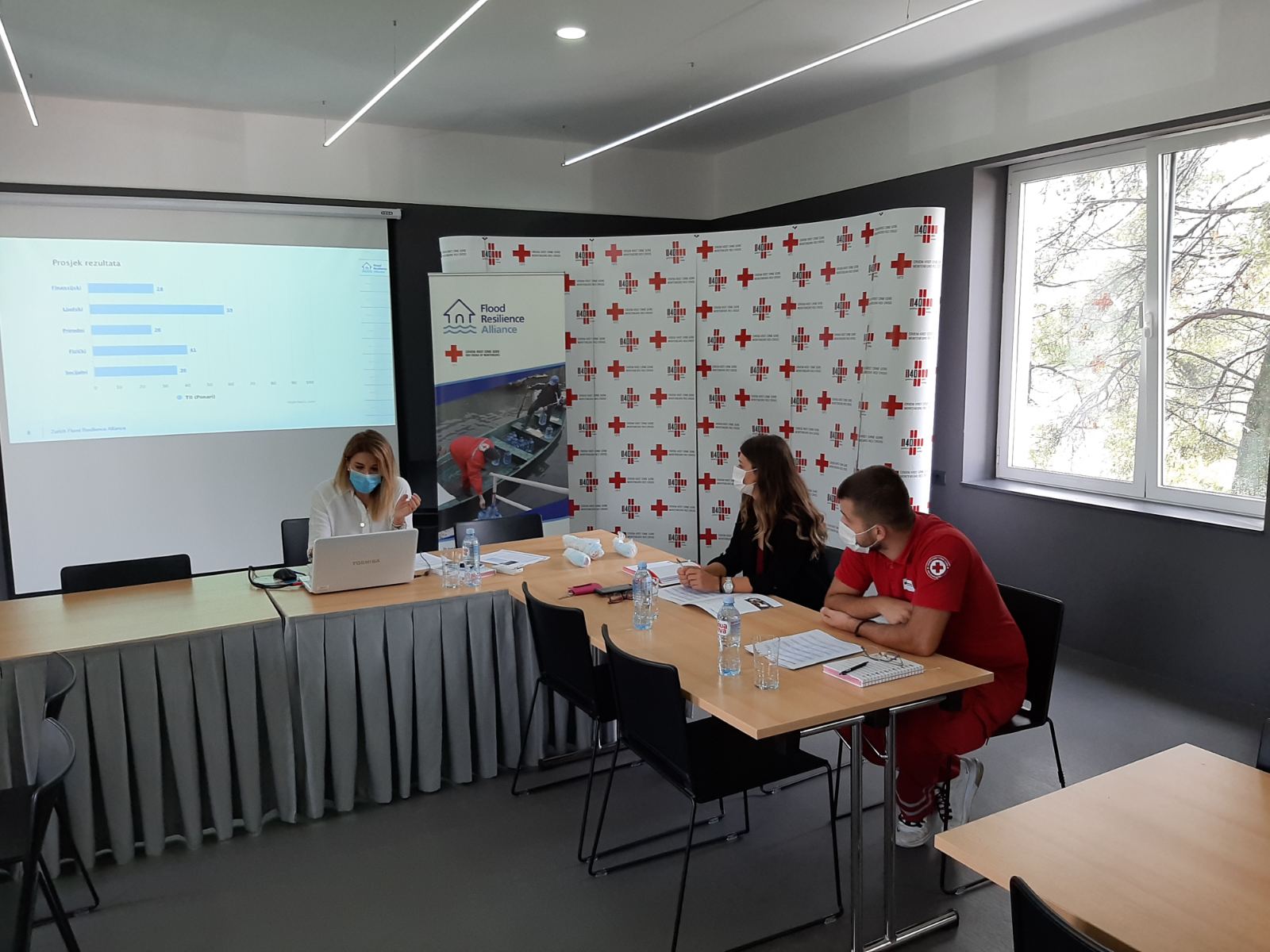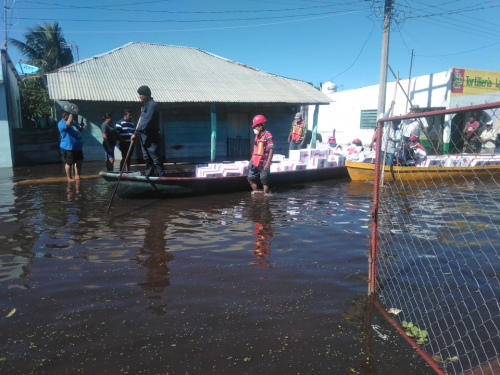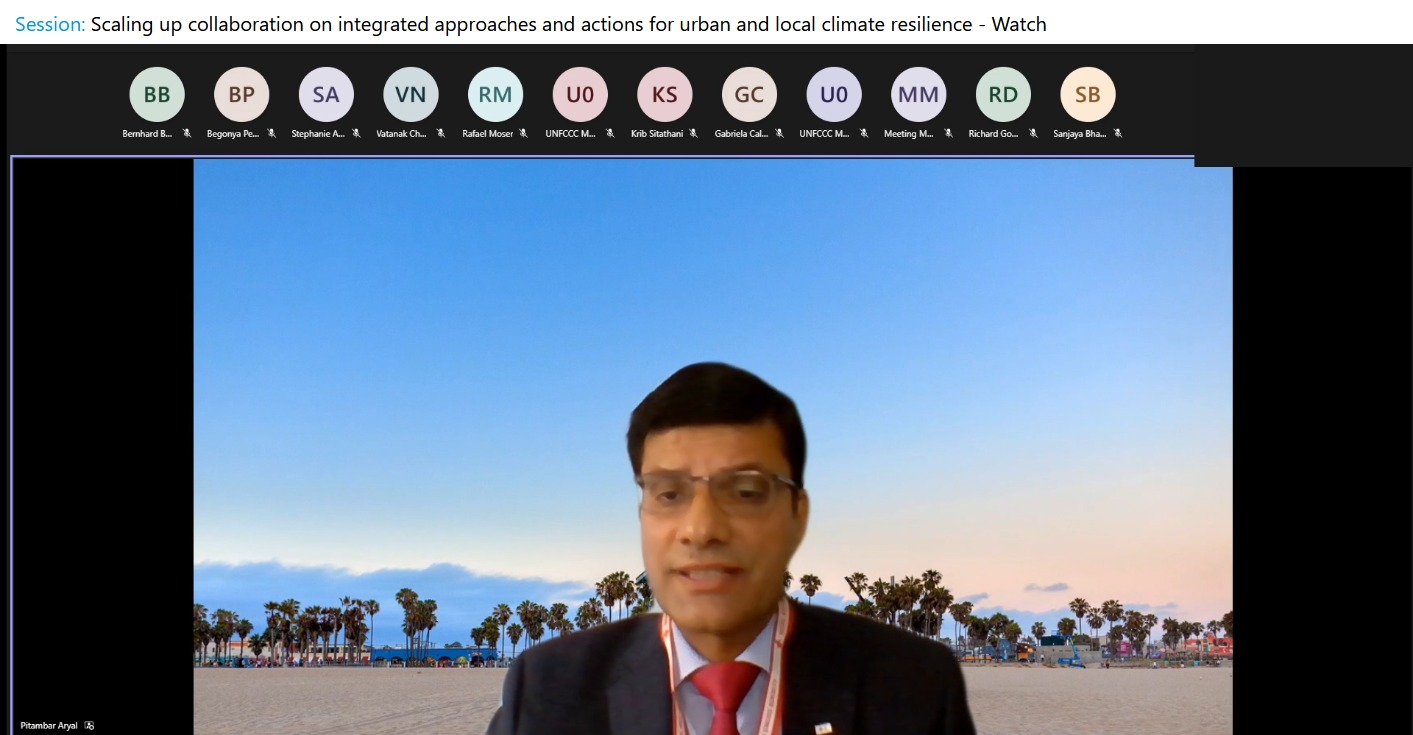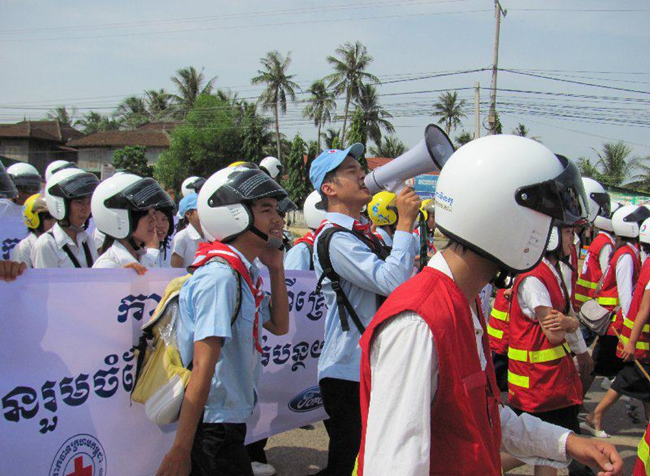Featured Stories
Sorry, we couldn't find any posts. Please try a different search.
Strengthening Community Resilience through Small Business Preparedness
When disaster strikes-such as a flood, earthquake, hurricane, or a business-halting heat wave-it doesn’t just disrupt homes and lives; it also g...
Strengthening Early Warning Systems for All: Evidence and Lessons from Last-Mile Communities
This report synthesizes findings from 15 GDPC-supported studies across 14 countries to examine why early warnings often fail to translate into timely,...
Ready Before It Hits – How The American Red Cross Uses Anticipatory Action To Stay Ahead of Disasters
When most people think of “disaster relief,” they picture what happens after a hurricane or wildfire-volunteers distributing blankets, set...
Unpacking the Summer: Learning About Heat in Adelaide
Listening Over Coffee: Stories Behind the Data The Post-Event Review Capability (PERC), developed by the Zurich Climate Resilience Alliance, offers ...
From Assessment to Action: A New Tool to Support Urban Resilience
Cities around the world are stepping up efforts to reduce disaster risk and build resilience. While many tools help identify vulnerabilities, the chal...
Community-First Approach: How the American Red Cross Helps Build Disaster Resilience Where It’s Needed Most
Across the United States, the American Red Cross is working to reduce disaster risks and strengthen the long-term resilience of the most vulnerable co...
Scorched Future: The Rising Toll of Extreme Heat in the Philippines
Authors: Mia Grace Ligutan, Seth Sarmiento, Steven Villena, Cale Johnstone Rising temperatures in the Philippines, particularly in urban areas ...
Heat Action Day 2025 – Activities to #BeatTheHeat all around the World
On Monday, June 2, 2025, we celebrated the 4th edition of Heat Action Day (HAD). As the impact of Heat Action Day spreads, our influence is a joy to q...
Strengthening Risk Governance from the Ground Up: Nepal’s MDRGA Tool in Action
Authors: Bhesh Parajuli | Cale Johnstone | Anil Rai Local Solutions for Local Risks Disaster risk is most acutely felt—and most effectively managed�...
Telecross Redi: Heatwave Service
Extreme weather events pose significant risks to vulnerable populations, especially those who are isolated or have underlying health conditions. In re...
More Stories
 Filter
Filter
The Asia Pacific Urban Community Resilience Hub is pleased to announce the winners of the 2nd Urban Community Resilience Small Grant Initiative: Nep...
As auxiliaries to national governments and as trusted partners, Red Cross National Societies around the world are involved in many disaster management...
July 2021 was the world’s hottest month ever, while Asia recorded its warmest July ever. As the global temperature is on rise, heatwaves are becomin...
The Flood Resilience Measurement for Communities (FRMC) provides a holistic and systematic picture of communities’ strengths and gaps when it comes ...
On August 18, 2021, National Societies and RCRC Youth Volunteers from across the region gathered to discuss Red Cross Red Crescent opportunities and a...
When Tabasco experienced the most severe floods in decades last autumn local community brigades were put to the test. Leveraging their human and socia...
As auxiliaries to government and interlocuters to communities, National Societies are uniquely positioned to support governments National DRR, DRM and...
As we witness the climate crisis, COVID-19, and an ever-evolving humanitarian landscape – understanding the urban context and enhanced urban resilie...
Climate Change Expands the Flooding Map Floods are considered the most common natural disaster in the United States. According to EPA ‘United...
As Covid-19 continues to affect communities globally, humanitarian and development organizations need to adapt our way of working. This case study fro...

